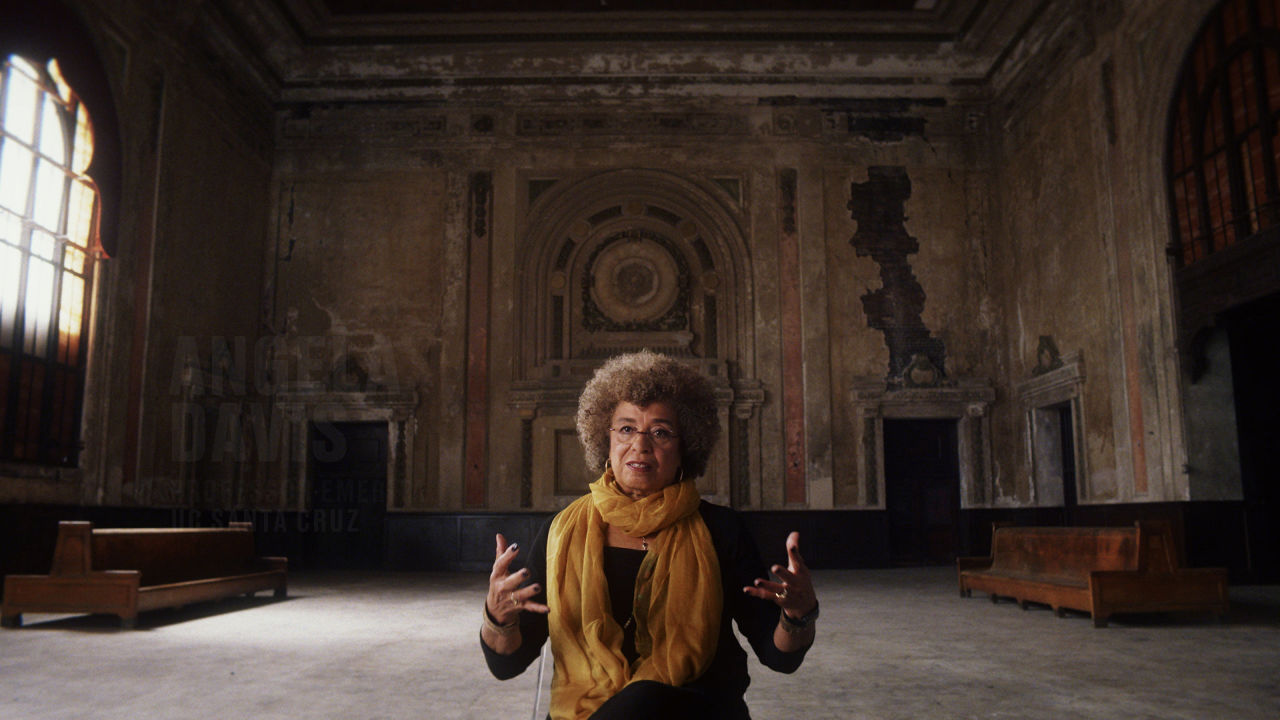Review: 13th
The names and faces associated with this film placed it on my radar in a very big way. Bryan Stevenson and Michelle Alexander are two intellectuals I hold in extremely high regard. Van Jones and Newt Gingrich are always thought provoking. And Ava DuVernay, director extraordinaire, is an undeniable visionary. I heard these names associated with a film on a subject that captures the zeitgeist of our contemporary racial politics, and I was all-in.
However, if the film's goal was revelation, it falls short. As a Black-American who also happens to be a lawyer, I am acutely aware of the ways the criminal justice system falls short. So while Act I is it's strength, very little of the information struck me as particularly novel or illuminating. And when DuVernay turns her lens to other subjects later in the film, her central thesis loses some heft and the screen-time that could have been spent digging deeper into the central issue is instead spent meandering through stories that are, at best, tangentially related--halting the film's momentum in ways it never really recovers from.
The central thesis of the film, and the source of its title, is that while the Thirteenth Amendment outlawed slavery, it includes an exception for those convicted of a crime. Duvernay uses artfully shot interviews to assert that this is the foundation of our mass incarceration issues in this country. She goes through decades of Presidential administrations and their decisions to "get tough on crime." As time passes, our prison population swells to where it stands today.
After establishing these facts, DuVernay turns to a broader racial conversation. She covers everything from the destruction of Black leadership to the hostility in our racial politics. By the end, Donald Trump's words are used as a means of putting our current racial climate in sharp relief and asking the audience to consider how we got here.
For me, the second half of the film began to feel like a Dinesh D'Souza piece. Not just agenda driven, but haphazardly so; including facts and events that have little to do with one another. So much of what the film tries to do comes across as DuVernay saying 'and another thing...' The history of Black people in this country feels like a timeless struggle. So when that story gets told through a lens as ephemeral as the words of Donald Trump, something about it feels cheap. While the liberal bend of the film's politics will appeal to many, that isn't, in and of itself, enough to make it a strong film (see every Dinesh D'Souza movie)*.
This feels like two films and neither is very good. The first is better than the second, but obvious. And the second is head-scratcher after head-scratcher. For many, the power of the message will be enough to allow them to gloss over the fact that this doesn't really hold together. What, for instance, does Trayvon Martin have to do with the topic of the film? I have no idea, but there is his angelic visage used for emotional effect. It probably works on many, which is an effective feat of filmmaking on its own. For me, however, I was left without a great deal to think about and that is a shame because we are only scratching the surface of understanding the generational impacts of mass incarceration.
*"See," in this context is meant to denote a reference. Please don't actually see these movies.
______________
If you like our content, please SHARE using the buttons below and SIGN UP for our monthly newsletter to stay up to date on the latest!










